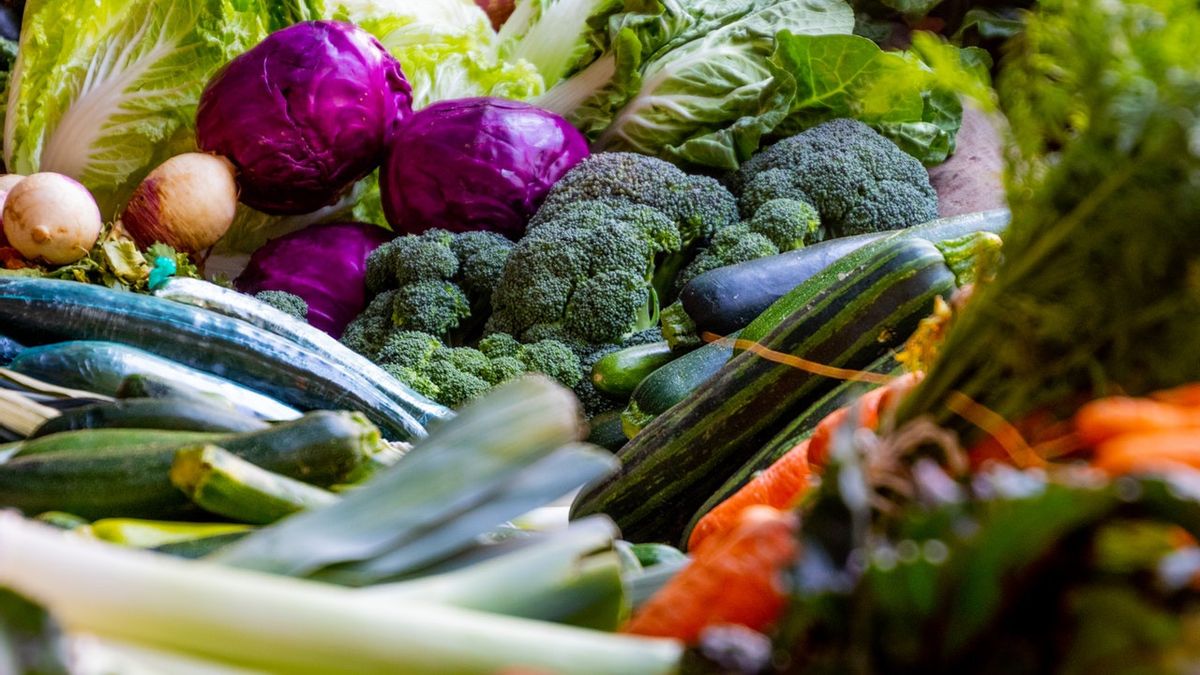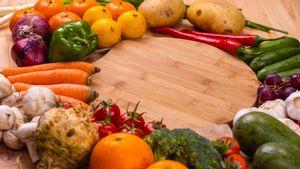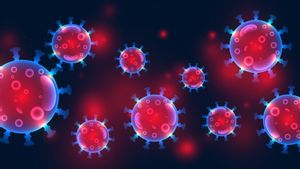JAKARTA - Since childhood, you have always been warned by your parents to eat vegetables. However, the less attractive taste makes many people reluctant to like vegetables.
In fact, vegetables contain phytonutrients which are proven to have many health benefits. Phytonutrients found in vegetables and fruits are in the form of vitamins A, C, E, and K as well as minerals such as potassium, magnesium, and calcium.
In addition, vegetables have good fiber content and have antioxidant properties. Not eating enough or not eating fruits and vegetables makes the body more susceptible to disease. Well, some of the diseases that attack if the body is not eating enough vegetables are:
Metabolic disorders
Imbalanced blood glucose levels, increased blood pressure, dyslipidemia, and abdominal obesity are types of diseases that occur due to metabolic disorders. These diseases can be prevented or eliminated by consuming the fiber you can get from vegetables.
Fiber is able to bind fat and get rid of it through feces, thereby reducing the risk of heart disease, high blood pressure, and cholesterol as well as by balancing blood glucose levels and increasing good cholesterol levels.
SEE ALSO:
Visual disturbances
In vegetables, there are carotenoids lutein and zeaxanthin which are responsible for protecting the eyes from cataracts and preventing eye diseases due to aging and macular degeneration. Get used to eating green vegetables so you can feel the benefits of vegetables for your eyes.
Cardiovascular disorders
If your body rarely consumes vegetables, then this most likely has an effect on your heart health. Vegetables are proven to prevent and treat cardiovascular disease. The antioxidant and anti-inflammatory substances in vegetables can keep the heart from narrowing blood vessels.
In addition, vegetables also prevent myocardial damage, modulate enzyme activity, regulate genes, and signaling pathways associated with cardiovascular disease.
Digestive problems
It has become a common secret that vegetables are a source of fiber which is also good for the digestive system. Fiber can help smooth bowel movements and make it easier to digest food.
In green vegetables, there is sulfoquinovose or sugar which is a source of energy for bacteria in the intestines or E. coli bacteria. E. coli in the intestine is responsible for fighting bad bacteria that enter the body through food.
The English, Chinese, Japanese, Arabic, and French versions are automatically generated by the AI. So there may still be inaccuracies in translating, please always see Indonesian as our main language. (system supported by DigitalSiber.id)


















